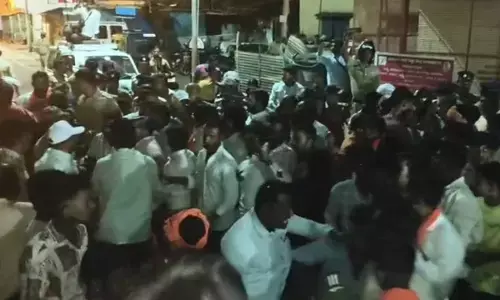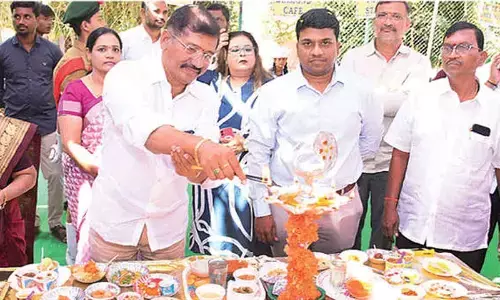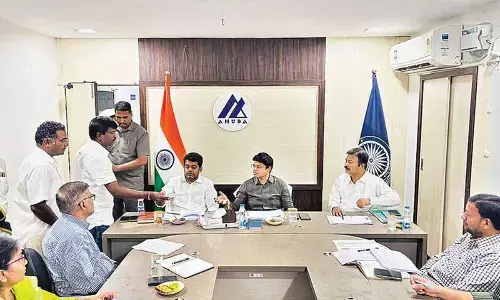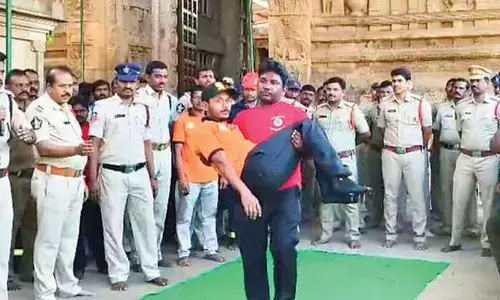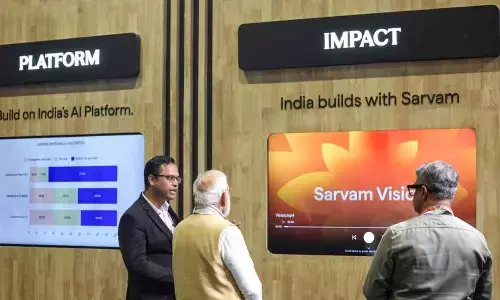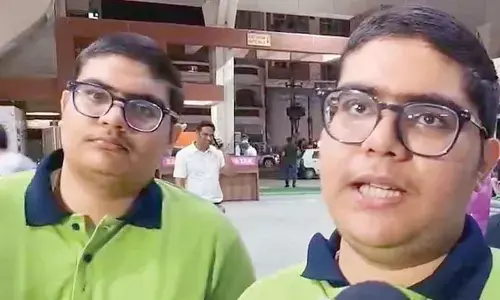Implement electoral reforms: Former Chief Election Commissioner
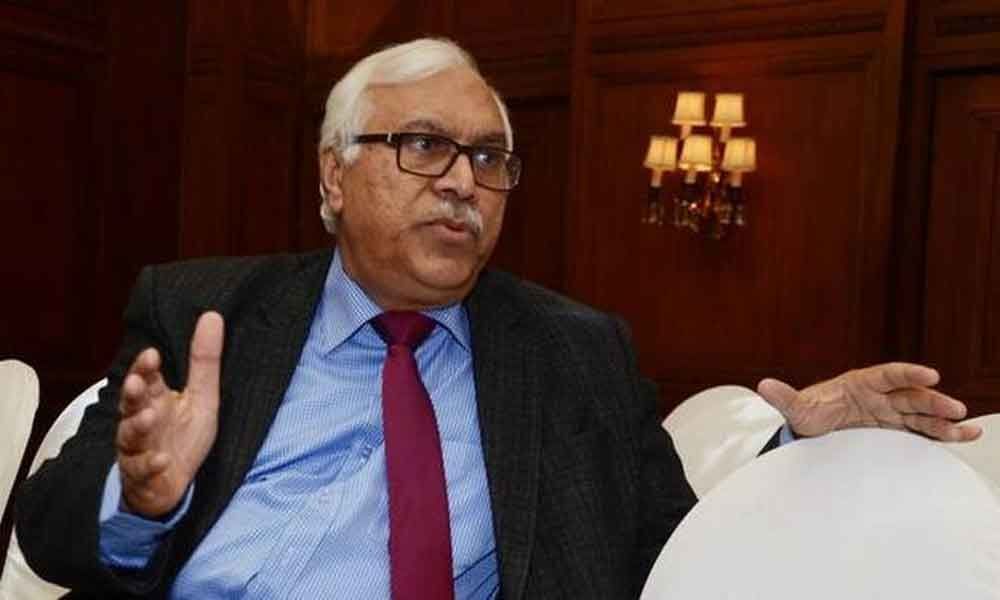
Former Chief Election Commissioner S Y Quraishi on Friday said that the time has come to take up long-pending electoral reforms and suggested a debate on the German election system that also gives proportional representation to political parties.
Hyderabad: Former Chief Election Commissioner S Y Quraishi on Friday said that the time has come to take up long-pending electoral reforms and suggested a debate on the German election system that also gives proportional representation to political parties.
"I hope in this regime they will take care of electoral reforms which have been pending for a long time....pending for 15-20 years. Time has come for them to be clinched", he told PTI.
The former CEC said that there should be a ceiling on the election expenditure by political parties also and appointment of election commissioners should made be through a collegiums.
Quraishi pitched for a debate on the first-past-the-post election system, in which the candidate who receives the most votes wins, in the country. Even in the UK, from where India borrowed this model, there were second thoughts on this system, according to him.
After the "failure" of a referendum on the system eight-nine years ago, the UK is planning another such initiative because "limitations of the first-past-the-post system are being noticed and there is an increasing demand for proportional representation, he said. A mix of first-past-the-post system and proportional representation to political parties worked very well in Nepal and Sri Lanka, according to him.
For him, the German election model -- where Germans cast two votes (one for a candidate in their constituency and one for a political party) is the best, and recommended it for a debate in India. "It (German election system) is a good model for India with some modification to suit India", Quraishi said.
He had noted recently that during the 2014 Lok Sabha elections, the BSP secured 20 per cent of total votes polled in Uttar Pradesh but did not win even a single seat, and termed it "patently undemocratic and not a real representative democracy".
Quraishi also called for state funding of political parties based on their actual performance. "Also, the setting up of national electoral fund where anybody could donate and from there political parties should be funded based on their performance", he added.
On the issue of electoral bonds, he said it has completely ended the transparency and even Election Commission has been opposing it. "Electoral bonds can stay... only the-who-donated-what-to-whom should be disclosed. With that disclosure the bonds can stay", Quraishi added.
On key takeaways from the 2019 Lok Sabha elections, he said that one must remember that it was the biggest election in world history, he said. "And considering that there were one million polling stations and 900 million voters and 12 million polling staff, this is the biggest management event of any kind in the world, and to pull it off so smoothly is not a joke.




